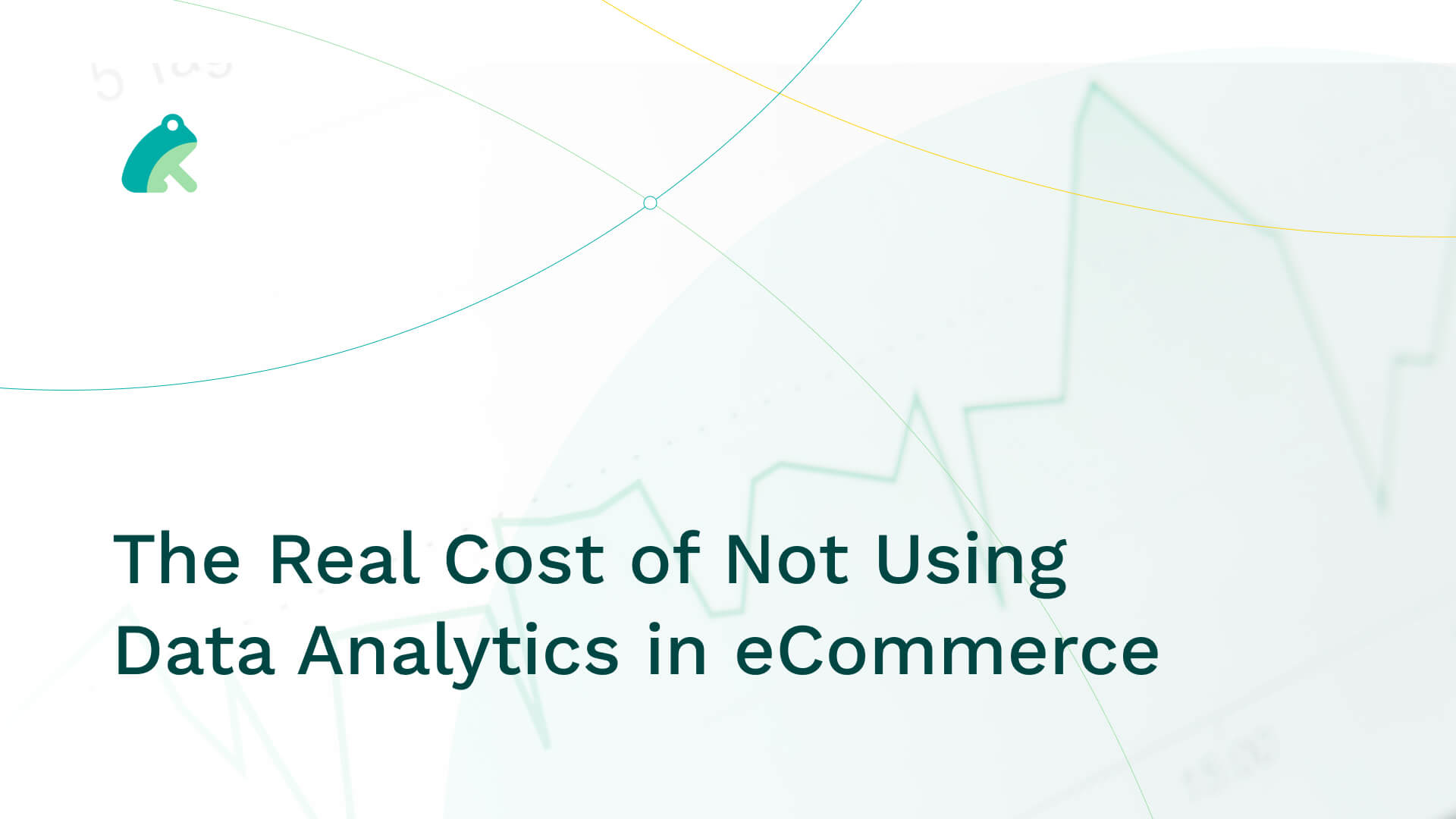The Real Cost of Not Using Data Analytics in eCommerce
February 14, 2026
The rise of ecommerce businesses has been phenomenal in the last decade. With the advent of technology and the internet, businesses are now able to reach a global audience, and consumers are able to purchase products from the comfort of their homes. However, running an ecommerce business is not without its challenges. One of the biggest challenges facing ecommerce businesses is the ability to make data-driven decisions. Without the use of data analytics, ecommerce businesses are likely to suffer from high costs, poor decision-making, and lost opportunities.

The Real Cost of Not Using Data Analytics in eCommerce
-
Poor Decision Making
Data analytics is essential for making informed decisions. eCommerce businesses that do not use data analytics are at a disadvantage when it comes to making decisions that affect their business. They are more likely to make decisions based on intuition, which can lead to poor outcomes. For example, an eCommerce business may decide to invest in a particular product line based on their intuition, without taking into account market trends or customer demand. This could lead to excess inventory and a lack of sales, resulting in high costs and lost revenue.
-
Inefficient Marketing
Marketing is a critical component of eCommerce business success. However, without data analytics, marketing can be inefficient and costly. eCommerce businesses may end up spending money on marketing campaigns that do not resonate with their target audience. Without the ability to track customer behavior, eCommerce businesses may not know which marketing campaigns are working and which ones are not. This can result in wasted marketing spend and lost opportunities.
-
High Costs
eCommerce businesses that do not use data analytics may suffer from high costs. Without data analytics, businesses may not be able to optimize their supply chain, resulting in higher inventory costs. They may also miss out on cost-saving opportunities, such as bulk purchasing or vendor discounts. Additionally, without data analytics, eCommerce businesses may not be able to track and optimize their website performance, resulting in lost opportunities for conversion.
-
Lost Opportunities
Data analytics can help businesses identify new opportunities and trends. Without data analytics, businesses may miss out on a lot of opportunities, resulting in lost revenue. For example, an eCommerce company may not be aware of a new product category that is gaining popularity among consumers. Without the ability to track and analyze data, the business may miss out on the opportunity to capitalize on this trend and generate additional revenue.
-
Inability to Compete
Finally, eCommerce businesses that do not use data analytics may not be able to compete effectively in the market. Data analytics is essential for understanding customer behavior, market trends, and competitor performance. Without data analytics, businesses may not be able to keep up with the competition and changing market trends, resulting in lost market share and revenue.
Conclusion
In conclusion, the real cost of not using data analytics in eCommerce is high. As the nature of the business relies heavily on online presence, user experience, and price competitiveness, not using and leveraging data analytics positions the business at a disadvantage. Most specifically, as a business that connects to its customers digitally it is important to leverage data when it comes to making informed decisions, efficient marketing, controlling costs, identifying new opportunities, and competing effectively in the market. eCommerce businesses that want to succeed must leverage data analytics to gain insights into their business performance and make data-driven decisions. With the help of data analytics tools like InsightLeap, eCommerce businesses can track and analyze their data, gain valuable insights, and take action to improve their business performance.